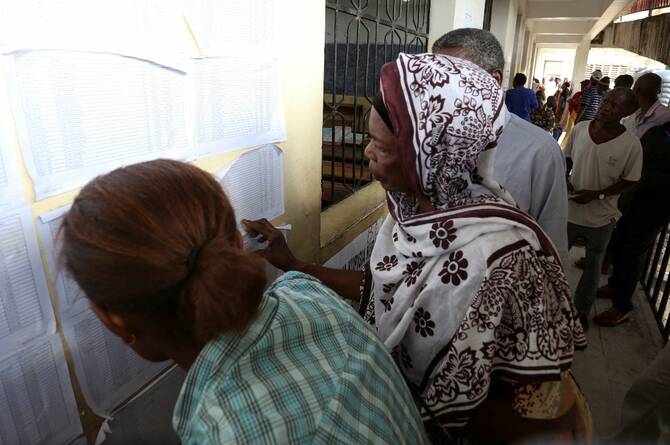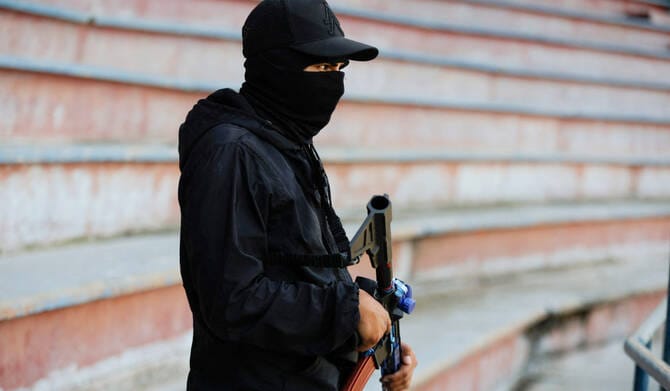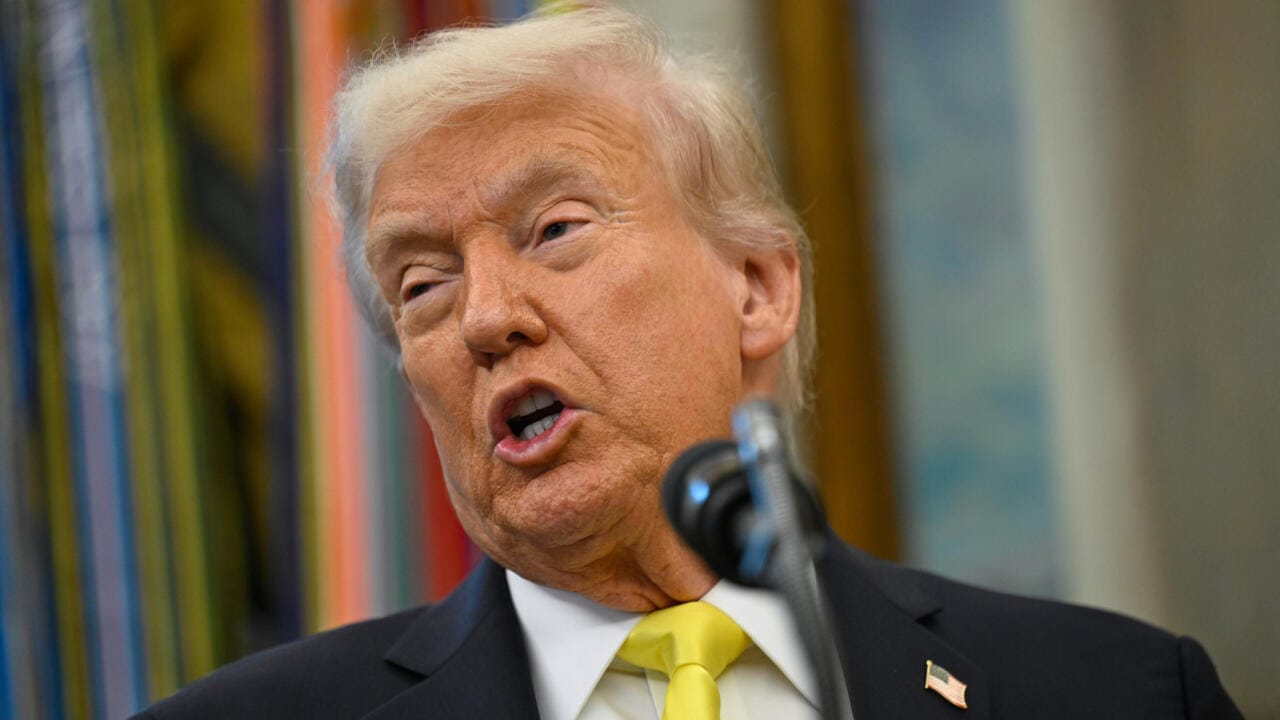Tanzanian authorities charged hundreds of people with treason over demonstrations around disputed polls last month, in a major escalation of political tension as the country reels from violence in which an unknown number of people were killed.
In addition to dozens criminally charged a day earlier in Dar es Salaam, dozens more face similar treason charges elsewhere in the East African country according to numerous charge sheets that became publicly available Saturday.
Police also issued arrest warrants for some of the top opposition officials who had not yet been jailed. They include Brenda Rupia, communications director for the Chadema opposition group, as well as John Mnyika, its secretary-general.
Chadema is Tanzania’s leading opposition party. Its leader, Tundu Lissu, has been jailed for several months and also faces treason charges after he urged electoral reforms ahead of voting on Oct. 29.
Authorities face questions over the death toll after security forces tried to quell riots and opposition protests before and after the vote. Chadema has claimed that more than 1,000 people were killed and that security forces were trying to hide the scale of the deaths by secretly disposing of the bodies. The Catholic Church in Tanzania has said that hundreds were likely killed.
President Samia Suluhu Hassan, who automatically took office as vice president in 2021 after the death of her predecessor, took more than 97 percent of the vote, according to an official tally. She faced 16 candidates from smaller parties after Lissu and Luhaga Mpina, of the ACT-Wazalendo party, were barred from running.
Rights groups described a climate of repression ahead of voting. There were enforced disappearances, arbitrary arrests and extrajudicial killings, according to Amnesty International and others. Tanzania’s government denies the allegations.
The African Union said this week that its observers had concluded the election “did not comply with AU principles, normative frameworks, and other international obligations and standards for democratic elections.”
AU observers reported ballot stuffing at several polling stations and cases where voters were issued multiple ballots. The environment surrounding the election was “not conducive to peaceful conduct and acceptance of electoral outcomes,” the statement said.
Single-party rule has been the norm in Tanzania since the advent of multi-party politics in 1992.
But government critics point out that previous leaders tolerated opposition while maintaining a firm grip on power, whereas Hassan is accused of leading with an authoritarian style that defies youth-led democracy movements elsewhere in the region.
A version of the governing Chama cha Mapinduzi party, which maintains ties with the Communist Party of China, has ruled Tanzania since its independence from Britain in 1961, a streak that Hassan extended with her victory.





